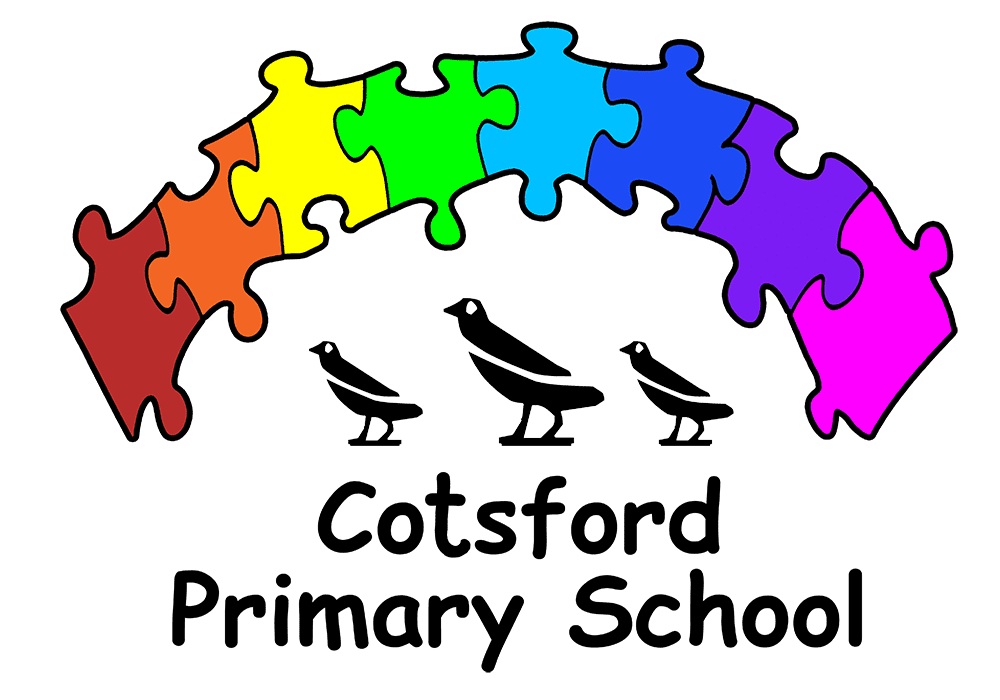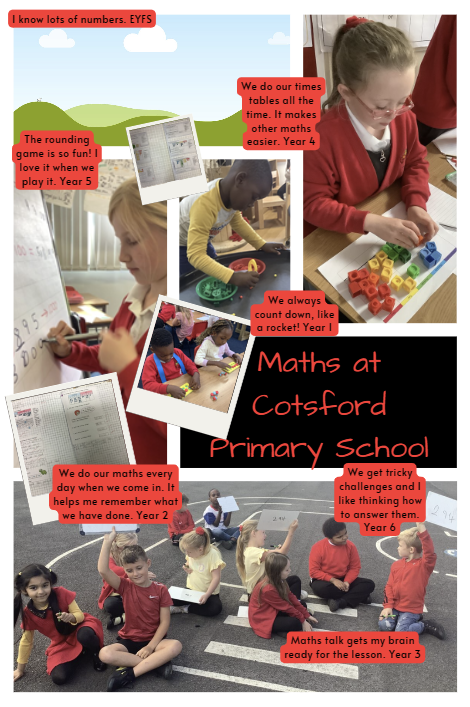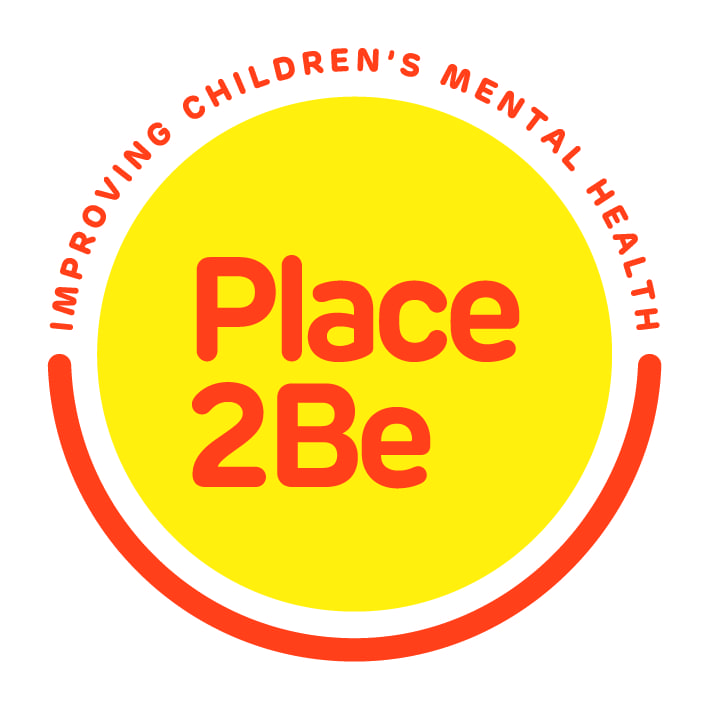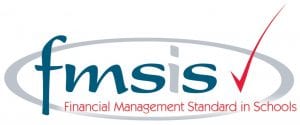Maths at Cotsford
At Cotsford Primary School it is our intent that all children will develop a deep understanding of number and a love of exploring using number. Our mathematics curriculum will provide children with a foundation for understanding number, reasoning, thinking logically and problem solving with resilience so that they are fully prepared for their future learning. It is essential that these keystones of Mathematics are embedded throughout all strands of the National Curriculum. It is also intended that all children, regardless of their starting point, will maximise their academic achievement and leave Cotsford Primary School with an appreciation and enthusiasm for Maths, resulting in a lifelong positive relationship with number.
- We ensure that we deliver a high-quality maths curriculum that is supportive, challenging and enjoyable.
- We want all children to develop a range of mathematical vocabulary so they can discuss their knowledge and understanding.
- We want children to make rich connections across mathematical ideas to develop fluency, mathematical reasoning and competence in solving increasingly sophisticated problems.
- We intend for our pupils to be able to apply their mathematical knowledge to science and other subjects.
- We want them to know that maths is essential to everyday life and that our children are confident mathematicians who are not afraid to take risks.
- We want to fully develop independent learners with inquisitive minds who have secure mathematical foundations and an interest in self-improvement.
By achieving these aims, our children will leave Year 6 as knowledgeable, skillful and confident mathematicians ready for the next phase of their learning.
We follow the White Rose Hub scheme to create a progressive curriculum which build on skills already learned to help our children develop as mathematicians. This is a mastery style of teaching.
Mastery teaching
Fluency involves:
- Quick recall of facts and procedures.
- The flexibility and fluidity to move between different contexts and representations of mathematics.
- The ability to recognise relationships and make connections in maths.
Representation and structure
Mathematical structures are the key patterns and generalisations that underpin sets of numbers – they are the laws and relationships that we want children to spot. Using different representations can help children to ‘see’ these laws and relationships.
Variation
Procedural Variation – This is a deliberate change in the type of examples used and questions set, to draw attention to certain procedures.
Conceptual Variation – When a concept is presented in different ways, to show what a concept is, in all of its different forms.
Mathematical thinking involves, looking for patterns and relationships, logical reasoning and making connections. Teachers will develop detailed knowledge of the curriculum in order to break the mathematics down into small steps to develop mastery and address all aspects in a logical progression. This will ensure deep and sustainable learning for all pupils.
Please click the link for Maths National Curriculum Information
Spring 1

Autumn 2
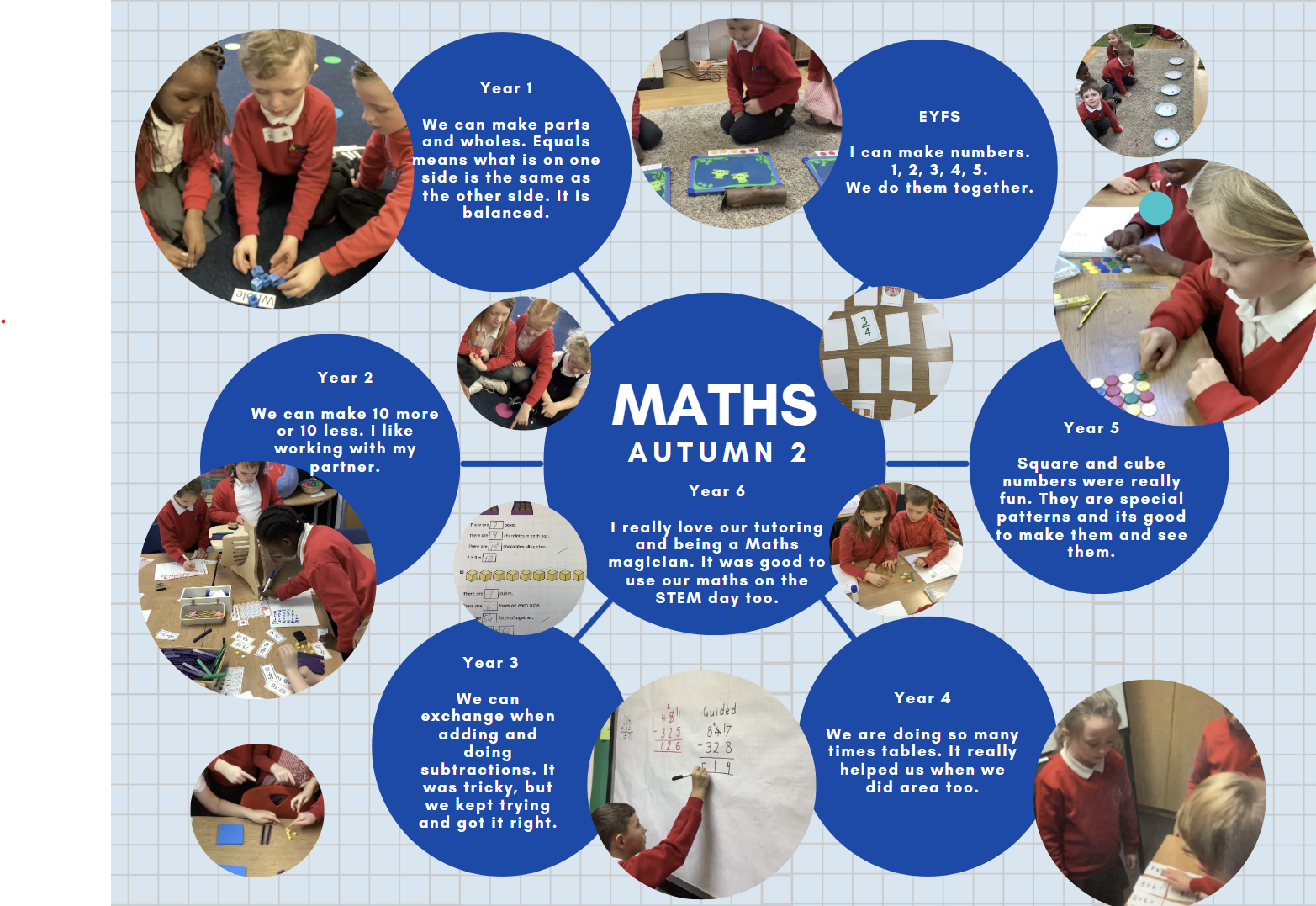
Autumn 1
